
About This Quiz
We grasp the basics of other languages as early as elementary school, making a game of learning to count to 10: Uno, dos, tres ... all the way to "diez." Later, as we approach high school and college, we make a serious attempt at learning a foreign language. Not only does it help us to interact in an increasingly global society, but science says it's great for other reasons, too. Experts agree that people who spend time learning a second (or third or fourth) language have better memories and can multi-task more efficiently and do a better job solving problems and thinking critically. It's all because you started learning how to count to 10 in Spanish (or French or German) in elementary school!
This quiz is all about the Spanish language, a language that is natively spoken by roughly 400 million people on the planet today - even more than native English speakers. That means it's popular and growing more so every day.
So, let's brush up on your Spanish vocabulary! Would you know how to find a shopping mall in Mexico? How would you ask for a glass of tea in Spain? What type of insect is crawling up your leg? (We hope it's not an araña!) Fix your foreign language skills on this quiz and test your "capacidad" (that's ability) for recognizing these common everyday things. Vamonos ... let's go!

The word "métrica" in "la cinta métrica" may have more easily given away the right answer here since it sounds like our English word, "metric," a system of measuring things. "Cinta" in Spanish means "tape," "ribbon" or "string."

"La bolsa" is Spanish for "the bag," or a purse, an item most women carry wherever they go. Spanish purse designs mimic Spanish interior design with lots of bright colors and interesting patterns.

"Las papas fritas" is Spanish for french fries and, in some circles, may also be used to indicate potato chips. "Papas" means "potatoes" in Spanish while "frita" means fried. That's covering all our bases!
Advertisement

"Las palomitas de maíz," or popcorn in English, is the highlight of going to the movies, in our opinion. If you look closely, you'll see "maíz" in that word, which translates to corn in English.

"La mariposa" is Spanish for the insect we know as the butterfly. The origin of the word is likely a mash-up of the words "María," for the Virgin Mary, and "posar" which means to "come down or settle."

Of course, Barney is a fan of "morado," which means purple in English! He's a big purple dinosaur! Some people believe the word "morado" comes from a type of purple berry found in Latin America.
Advertisement

"El champú" sort of looks like its English interpretation, "shampoo," doesn't it? Both likely are derived from the Hindi word "chÄmpo." Regardless, be sure to lather, rinse and repeat.

If your first stop is a cake shop or bakery, ask a local for the nearest "pastelería." Here you'll find desserts, pastries and confections of all varieties. Sounds like a good first stop to us!

Trust us when we say, there's nothing we love more than a good "oferta," or "sale," no matter where it's happening. It doesn't get much better than reduced prices on something we were considering buying anyway.
Advertisement

"Béisbol" in Spanish and baseball in English are pretty similar, aren't they? Major League Baseball has had some pretty spectacular Hispanic baseball players in its history, including Roberto Clemente, Albert Pujols and Mariano Rivera.

Darn "la abejas!" It doesn't matter whether you get stung by a bee in the United States or stung by a bee in Mexico, that sucker is still going to hurt. At least now you know what to call it.

Sure, you most likely need a refrigerator, stove and microwave, too, but "un lavaplatos" (or dishwasher) is a critical appliance if you don't want to spend every evening hand-washing your dinner plates.
Advertisement

Watch out for "hormigas" - that's ants for the English-speaking among us. Did you ever have an ant farm as a kid? In Spanish, that would be "granja de hormigas." Sounds more impressive, doesn't it?
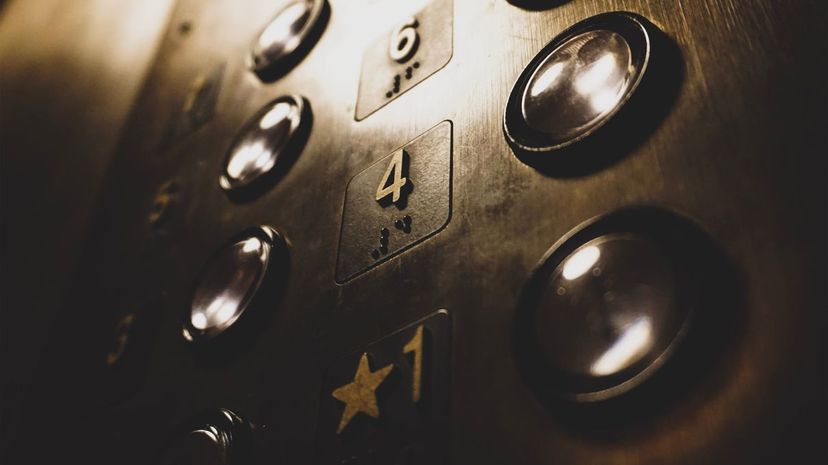
It's fitting that the Spanish word for elevator, "el ascensor," is pretty close to our English word, "ascend," which means to go up. Of course, elevators also go down ... at least we hope they do if you're on the 42nd floor.

If you have arachnophobia, you won't be too pleased by this visitor - or perhaps even this question! In Spanish, an eight-legged creature we know as a spider is called an "araña." Come to think of it, "araña" and the start of the word "arachnophobia" (a fear of spiders) are pretty similar.
Advertisement

"Pintura" means painting in Spanish. The Mona Lisa was painted by Leonardo da Vinci, but there are plenty of famous Spanish painters, including one of the most popular of all-time - Pablo Picasso. Pintura in some circles also means paint.

The term "pescado" is a general term in Spanish that translates to fish in English, though no specific type. If someone tells you they're eating "pescado frito," they're having fried fish. Why didn't they invite us over?
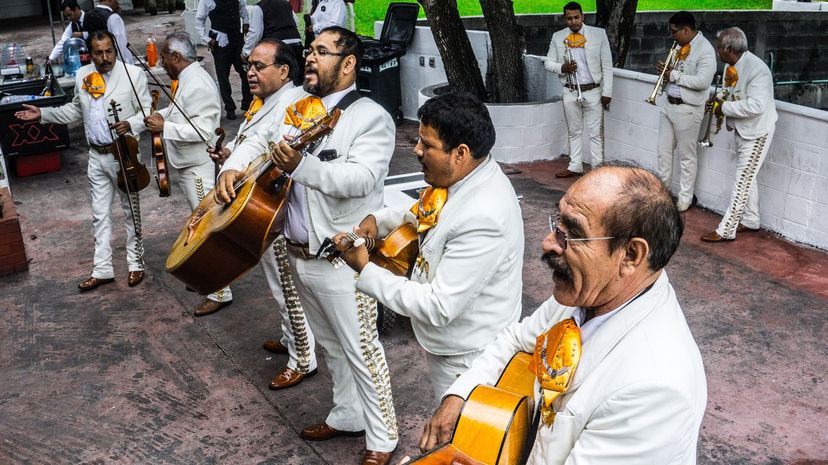
Would you have ever knowingly sung a song about cockroaches? Well, you might have, if you ever sung along with the song, "La Cucaracha." In Spanish, the song is about a cockroach that's unable to walk ... seriously.
Advertisement

It was her grandma, "su abuela," who occupied her weekend errand-running. "Abuela" is quite close to another important family member in Spanish, "abuelo," which is "grandpa."

The Spanish word for school is "escuela" and sometimes "colegio," which we might more closely associate with the word college in the United States. To make matters more confusing, university in English is "universidad" in Spanish. Phew!

If you want to stifle the cries of a hungry baby, you'd want to pick "el biberón" - the Spanish word for baby bottle. If you offer any of the other choices (a crib, cradle and stroller, respectively), you're probably going to have an even more unhappy tot.
Advertisement

The popular phrase, "Out of the frying pan, into the fire," sounds a bit different if you insert the Spanish word for pan, "la sartén," in the mix, doesn't it? Either way, be careful you don't get burned!

The national bird of the United States is the bald eagle, but that doesn't mean that's the only place you can find them. If you spot an "águila" in another country, surprise! You found an eagle.
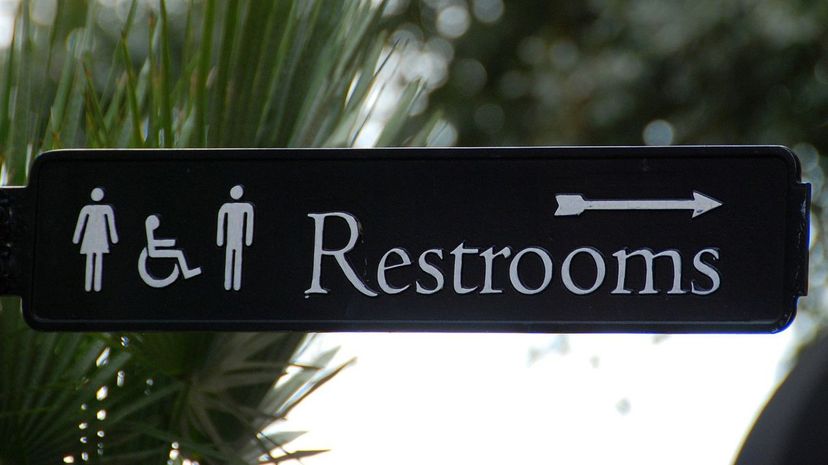
This is probably one of the first words you need to learn if you're traveling outside the United States in a Spanish-speaking country. Memorize this one, and you're guaranteed to at least be, um, comfortable.
Advertisement

After a long week, there's nothing more relaxing than a long soak in the bathtub, or "la bañera," if you were traveling in a Spanish-speaking country. You can find la bañera in el baño. It makes sense, right?
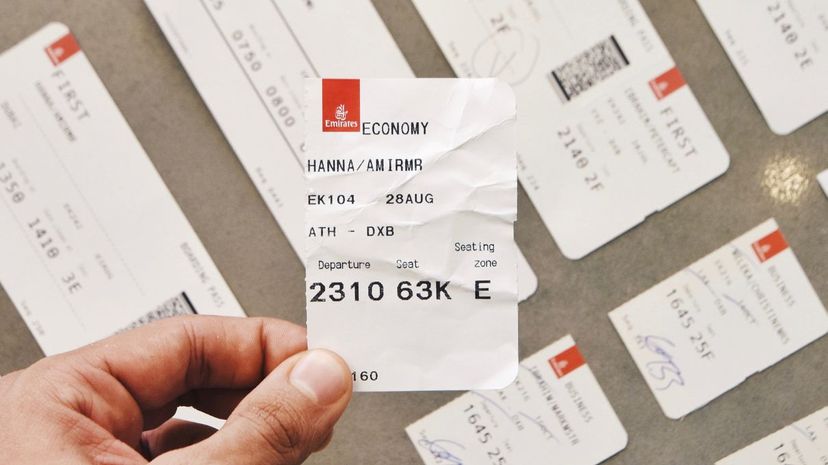
Be sure you have "el boleto," or a ticket, if you're trying to board a plane in a Spanish-speaking country. If you're planning ahead, you might tell someone, "Compré los boletos para volar a Fénix," or "I bought my tickets to fly to Phoenix." Comprende?
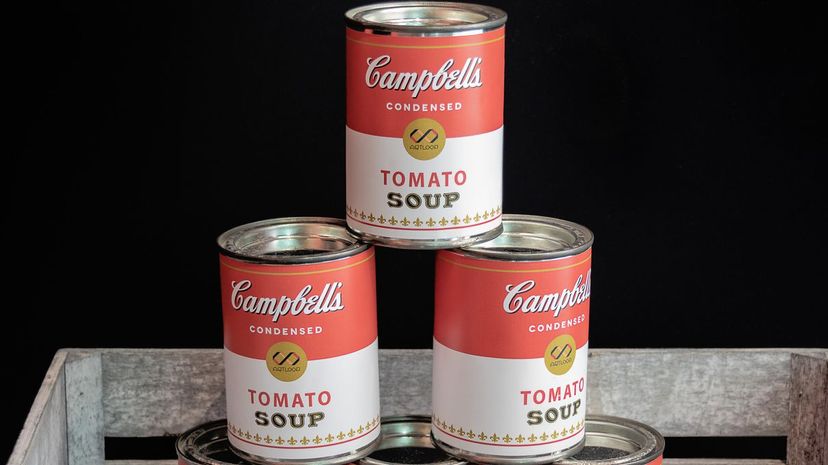
You better grab an "abrelata," or can opener, if you want to get into those green beans to go with dinner. The first U.S. can opener was invented by a Connecticut man and was integral in helping soldiers eat during the Civil War.
Advertisement

It's a long phrase - "los zapatos de tacón alto" - but it means high heel shoes in English. "Zapatos" are shoes, "tacón" means heel and "alto" means high. We think ballet flats are more comfy.
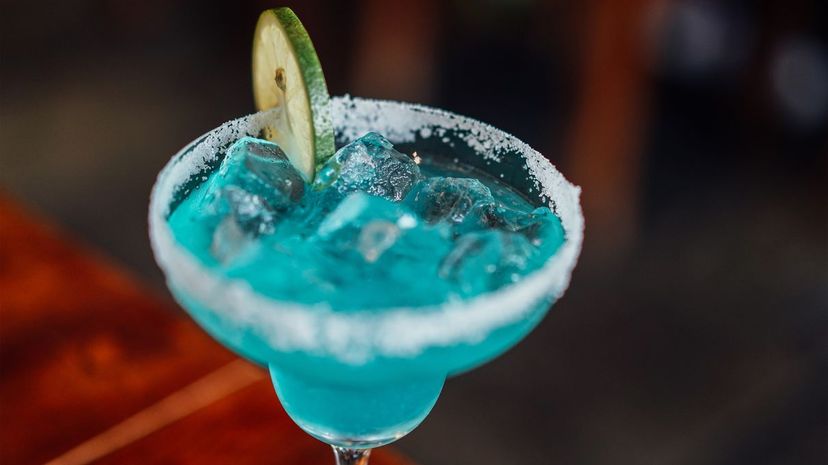
Did you know when you ask for a "margarita" in a restaurant that it means "daisy" in Spanish? We're not sure why. But margaritas are delicious ... er, we mean really beautiful.

Is there anything better than a weekend when you don't have to set an "el despertador?" (That's an alarm clock, in case you hadn't figured it out.) We're amused that the word for alarm clock also looks like "desperate," which is exactly how we feel on Monday mornings.
Advertisement

In Spanish, "el castillo de arena" references a sand castle, where "castillo" is castle and "arena" is sand; therefore, "el castillo de arena" is "the sand castle." We're already thinking about our next beach trip.

The word "gorra" in Spanish translates to cap - or hat - in English, an article of clothing you'll see men and women wearing. Among the most popular types of caps are those with team logos on them, such as the Yankees.

If you're observing Arbor Day in a Spanish-speaking nation, you'll be honoring "el árbol," the tree. The holiday began in the 1970s as a tree-planting program of the Arbor Day Foundation.
Advertisement

Monkeys and "monos" are the same. They don't care whether you speak Spanish or English ... or both! But their love of bananas is real, although the ones they encounter in the wild are a bit different than those we find at the grocery store.

A pitcher in Spanish is referred to as a "jarra," similar to our English word for "jar." Another word in the answer choices that's related to a pitcher is "vaso," or cup, which you'll need to enjoy that delicious tea.

Yeah, baby, rock on! My cousin is asking me to play the drums, "los tambores," in his new band. The word "tambor" has long been used to represent the concept of the drum, dating back to ancient Persia.
Advertisement
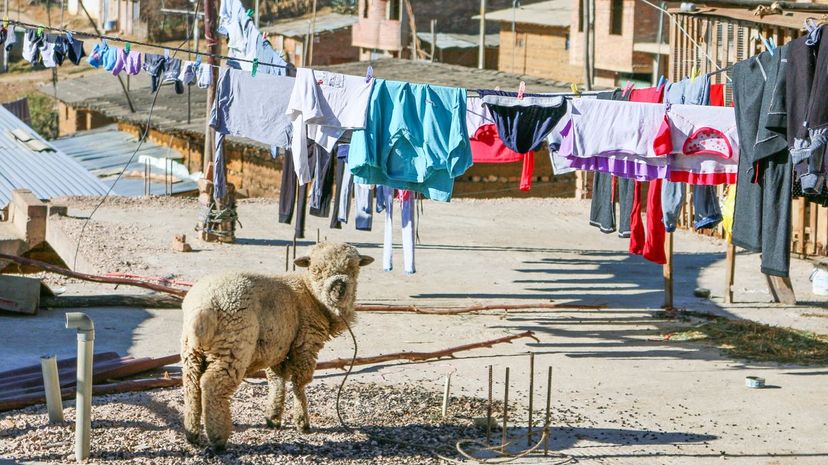
Do you need new underpants while traveling in Mexico? You better ask for "calzoncillos" so somebody knows what you're talking about. "Calzoncillos" specifically refer to men's underpants, just in case you were wondering.

All of these answer options are car parts, but only "el volante" represents the crucial steering necessary for guiding the car. The other choices represent the gas pedal, the trunk and the tire, respectively.

"Los calcetines" is Spanish for "socks," which is perfect for the male gender, but women have a few more words to remember, including "medias," which can mean tights, and "la pantimedia," which represents pantyhose.
Advertisement

Choose "el abrigo" and you'll find yourself shielded from inclement weather. Why? Because this word translated into English means "coat," a perfect garment to grab if the temperatures take a dip.